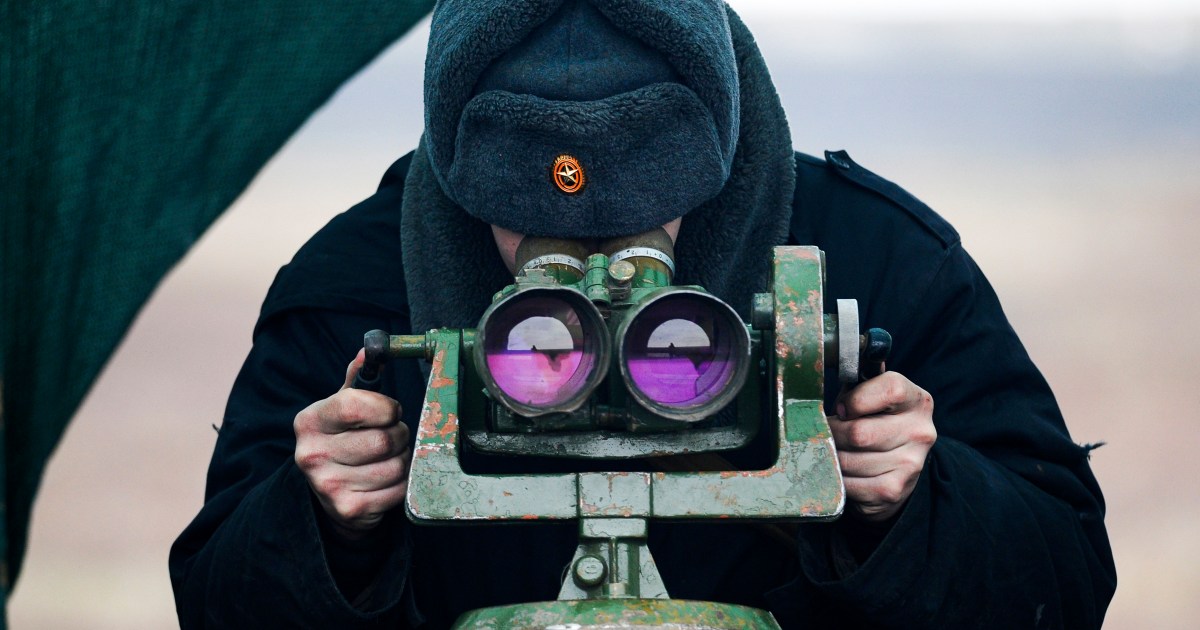Washington dismisses Moscow’s talk of military assets being sent to Cuba and Venezuela as ‘bluster’.
Published On 14 Jan 2022
A top Russian official has refused to rule out military deployments to Cuba and Venezuela if tensions with the West over Ukraine continue to escalate.
Deputy Foreign Minister Sergei Ryabkov said on Thursday that he could “neither confirm nor exclude” the possibility of Russia sending military assets to Latin America if the United States and its allies do not curtail their military activities on Russia’s doorstep.
“It all depends on the action by our US counterparts,” Ryabkov said in an interview with Russian television network RTVI, citing Russian President Vladimir Putin’s warning that Moscow could take unspecified “military-technical measures” if Western powers fail to heed its demands.
US National Security Advisor Jake Sullivan dismissed the statements about a possible Russian deployment to Cuba and Venezuela as “bluster in the public commentary.”
He told reporters in Washington that “if Russia were to move in that direction, we would deal with it decisively”.
Soon after his first election in 2000, Putin closed a Soviet-built military surveillance facility in Cuba as he sought to improve ties with Washington.
But Moscow has intensified contacts with Cuba in recent years and in December 2018, Russia briefly dispatched a pair of its nuclear-capable Tu-160 bombers to Venezuela in a show of support for President Nicolas Maduro.
Cuban Missile Crisis comparison
Thursday’s spat came as a week of Western-led diplomacy aimed at easing Russia-Ukraine tensions headed to a close without a breakthrough.
US-Russia talks in Geneva on Monday and a related NATO-Russia meeting in Brussels on Wednesday took place in response to a significant Russian troop buildup near Ukraine that the West fears might be a prelude to an invasion.
Russia, which annexed Ukraine’s Crimea Peninsula in 2014, has denied having plans to make another incursion into its neighbour.
Instead, the Kremlin has accused NATO of threatening its territory and demanded that the military alliance never embrace Ukraine or any other ex-Soviet nations as new members.
Washington and its allies firmly rejected the demand this week as a point they would not back down on, but NATO and Russian negotiators agreed to leave the door open to further talks on arms control and other issues intended to reduce the potential for hostilities.
Ryabkov last month compared the current tensions over Ukraine with the 1962 Cuban Missile Crisis – when the Soviet Union deployed missiles to Cuba and the US imposed a naval blockade around the island.
That crisis ended after then-US President John F Kennedy and Soviet leader Nikita Khrushchev agreed that Moscow would withdraw its missiles in exchange for Washington’s pledge not to invade Cuba and the removal of US missiles from Turkey.
